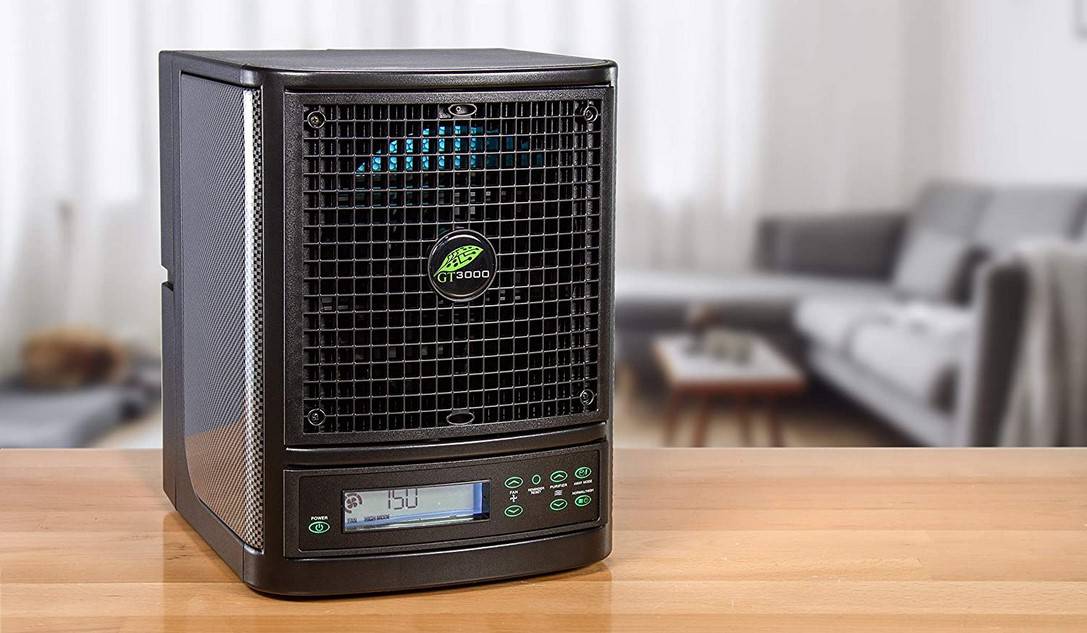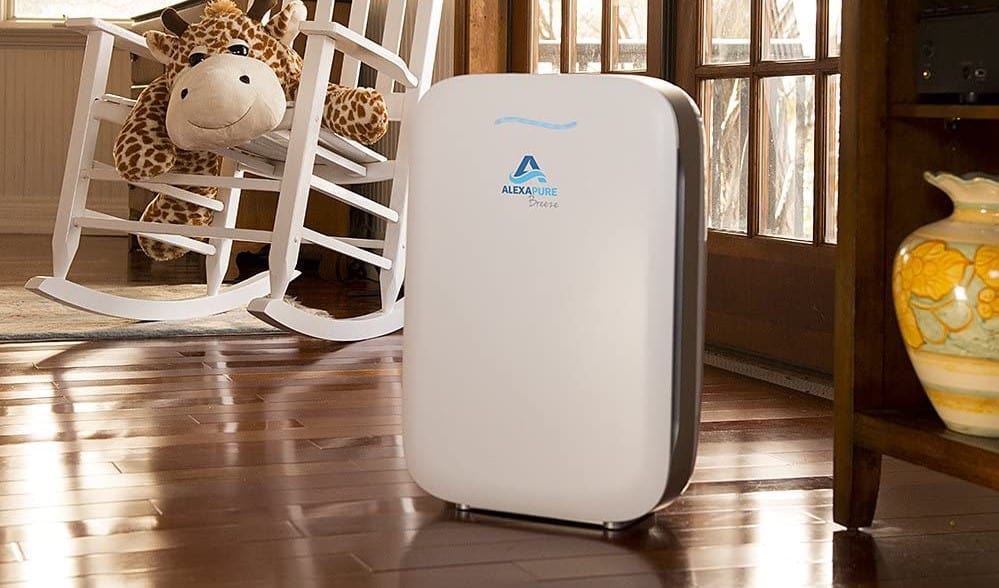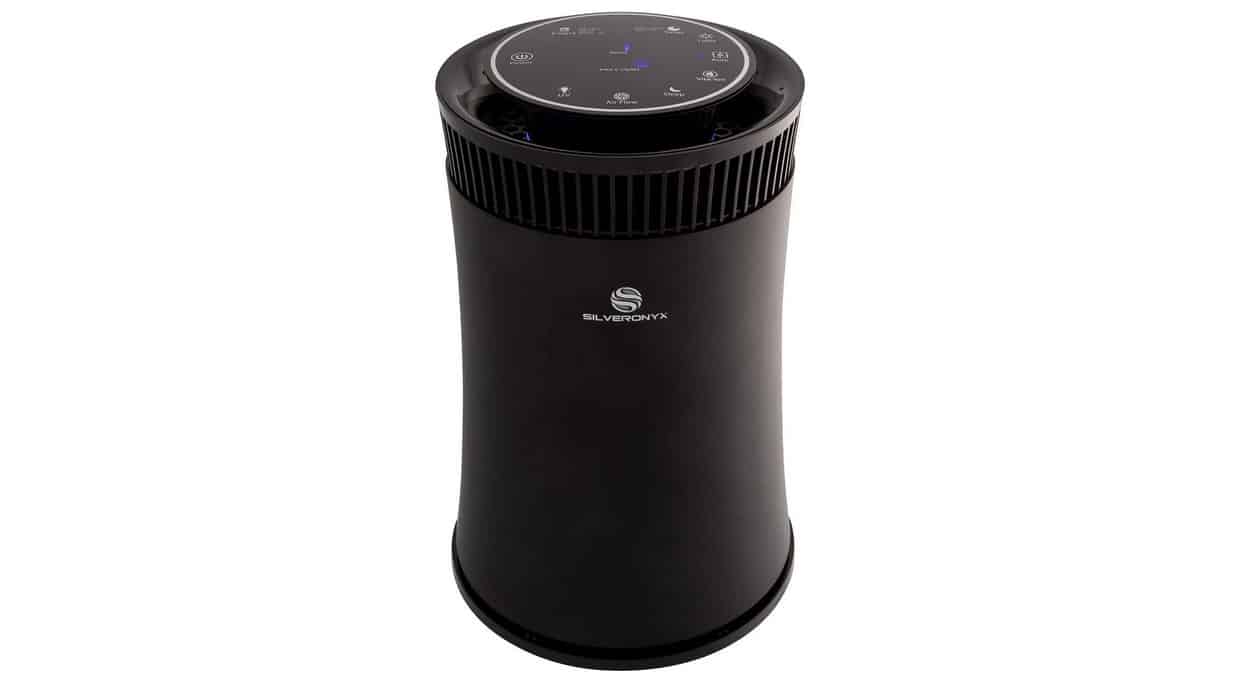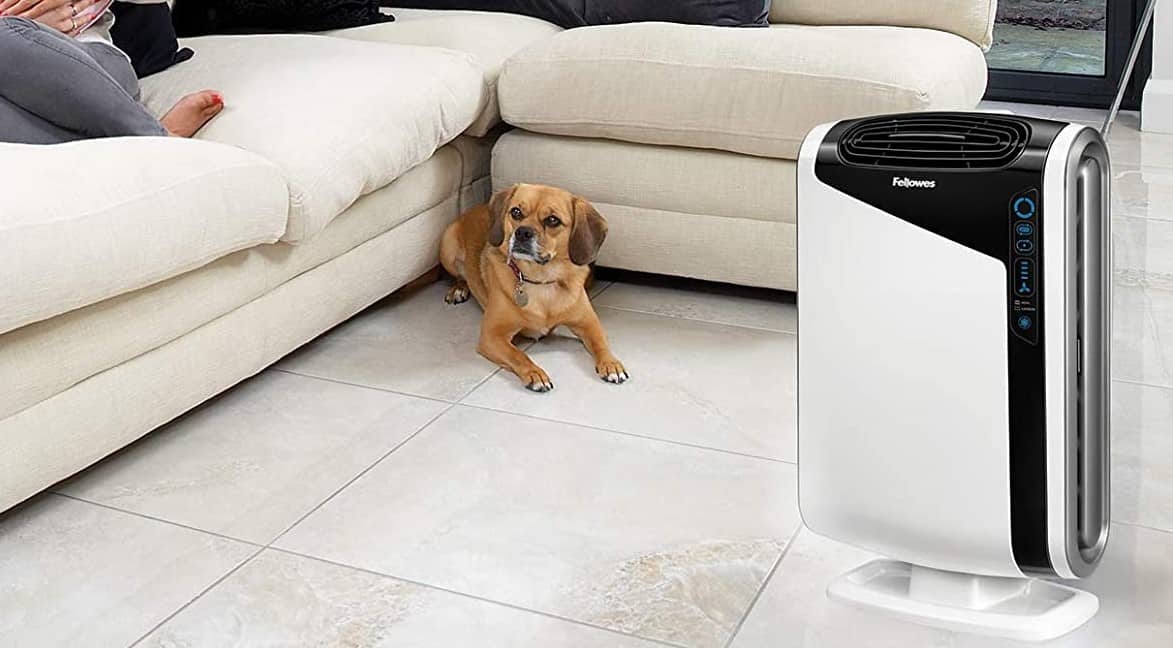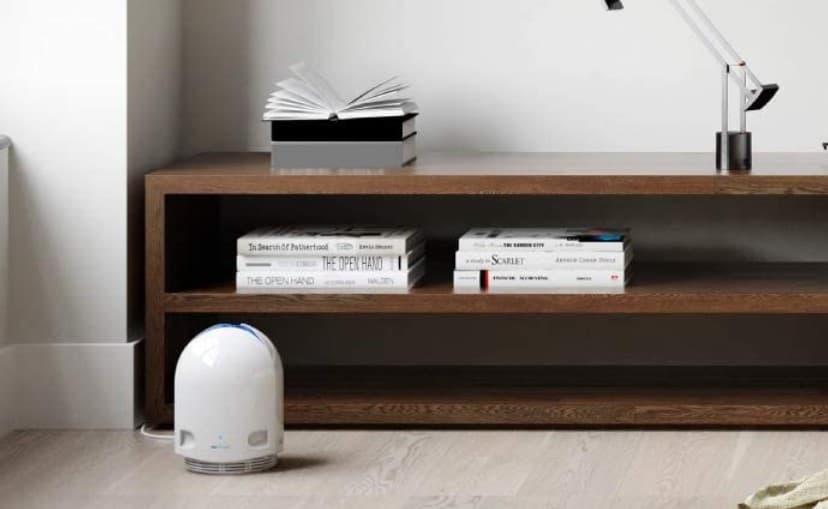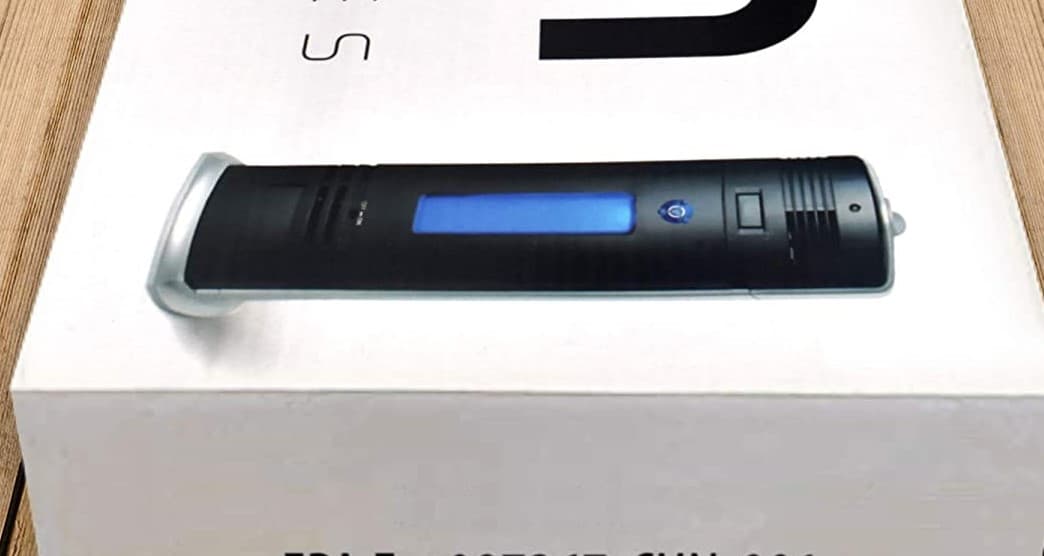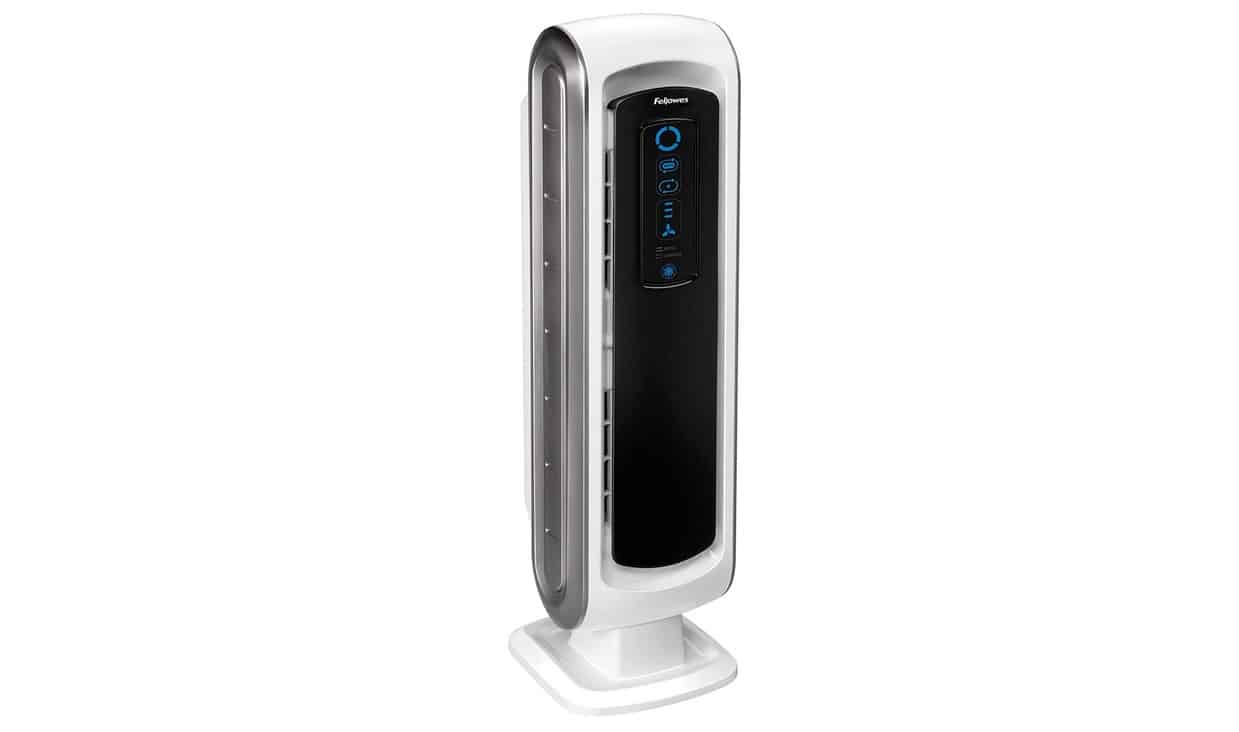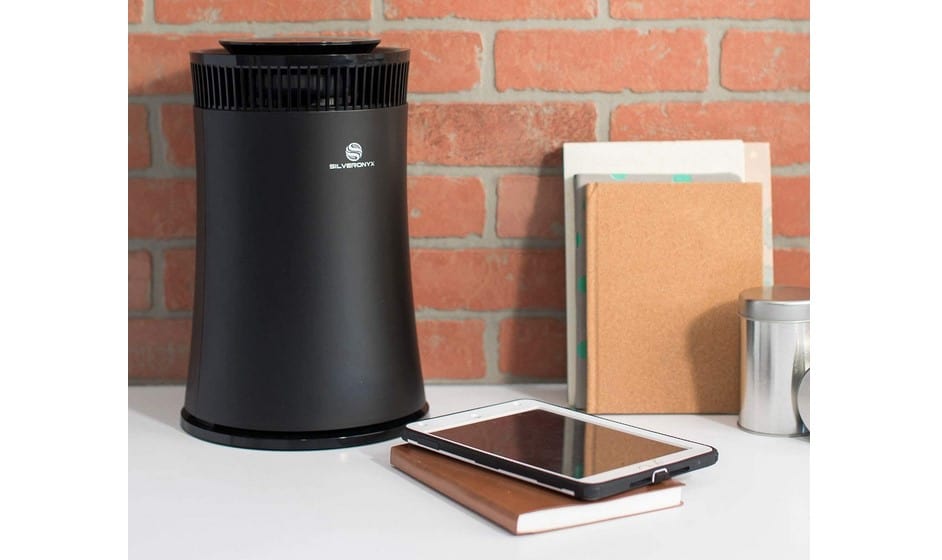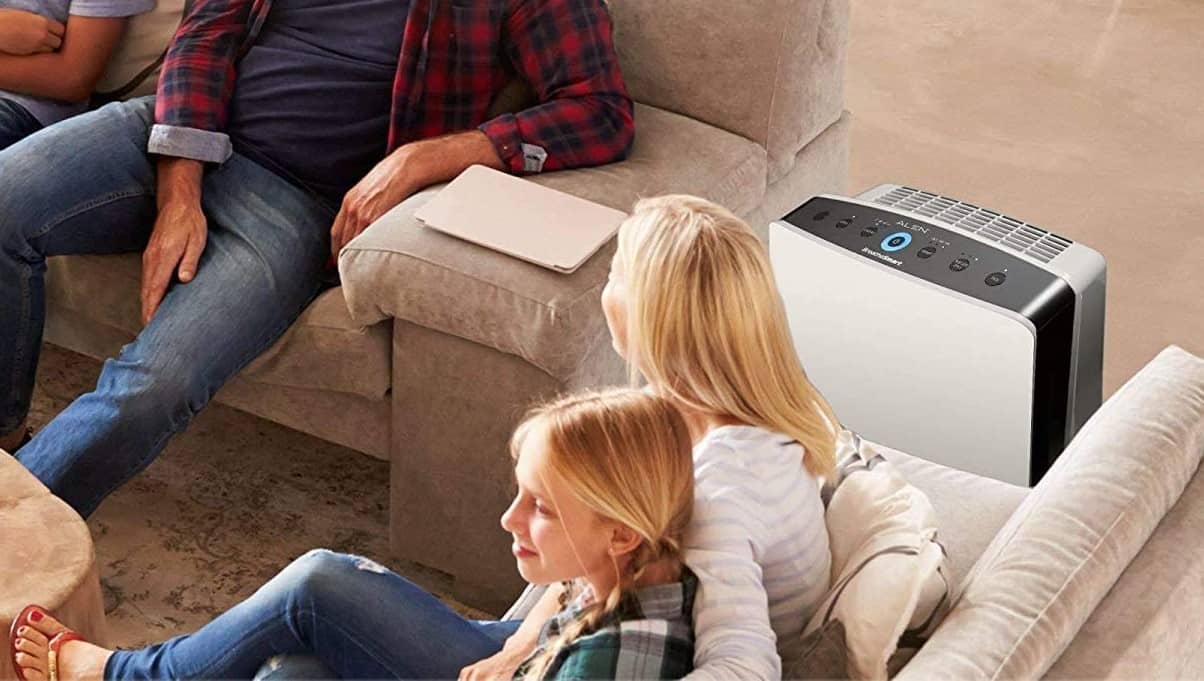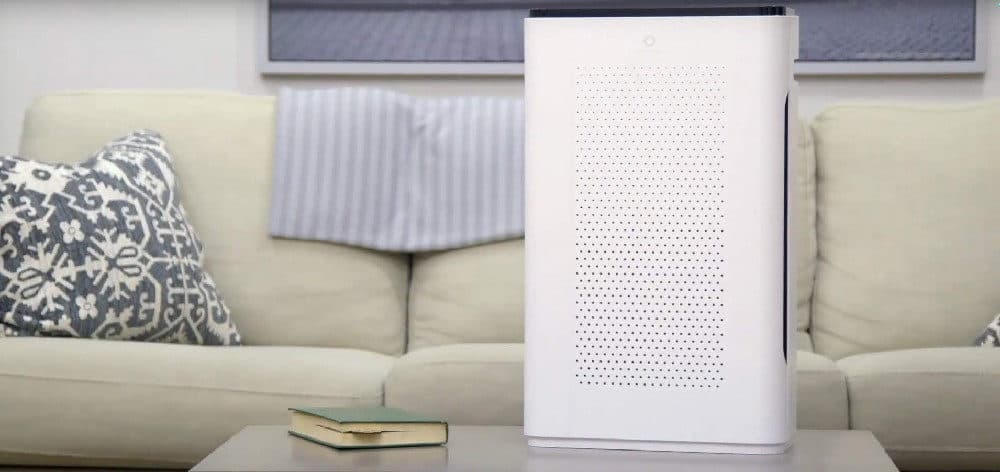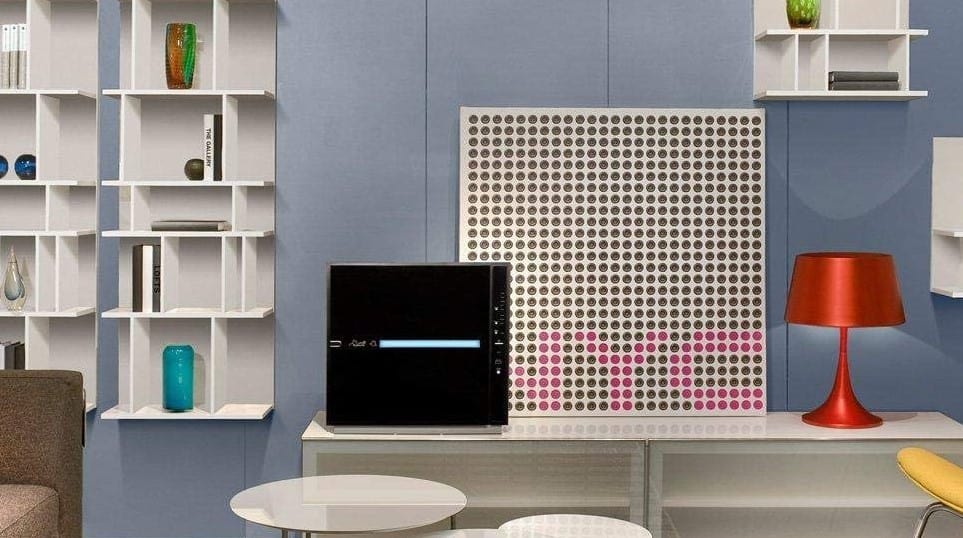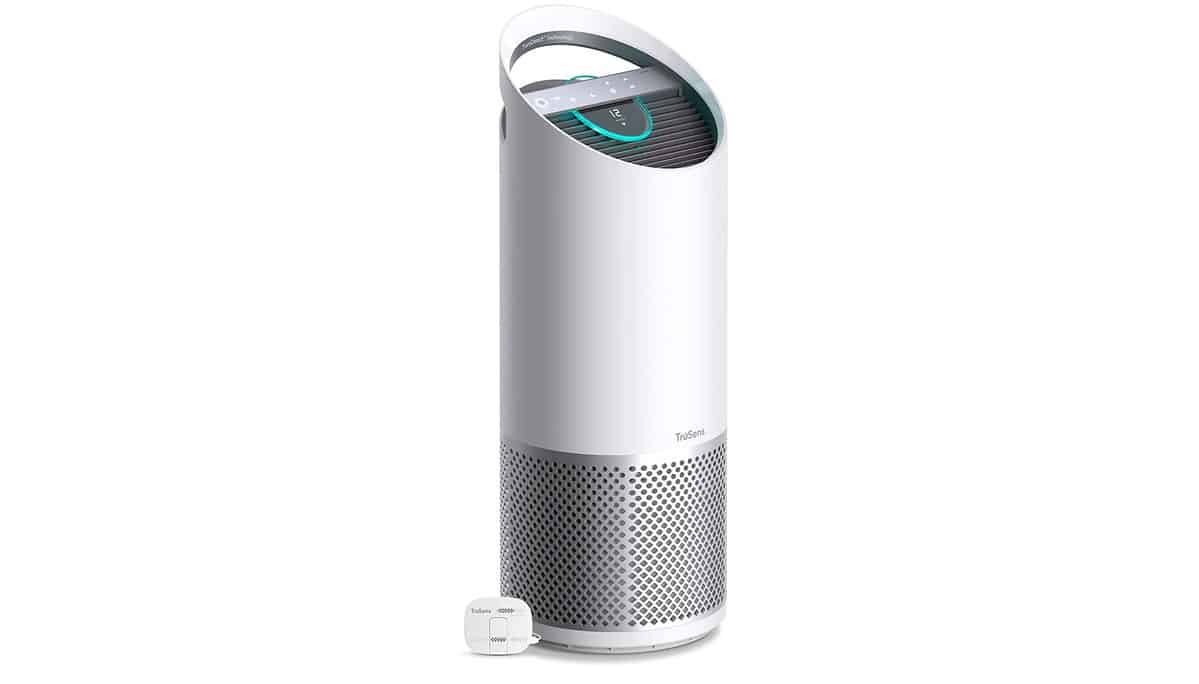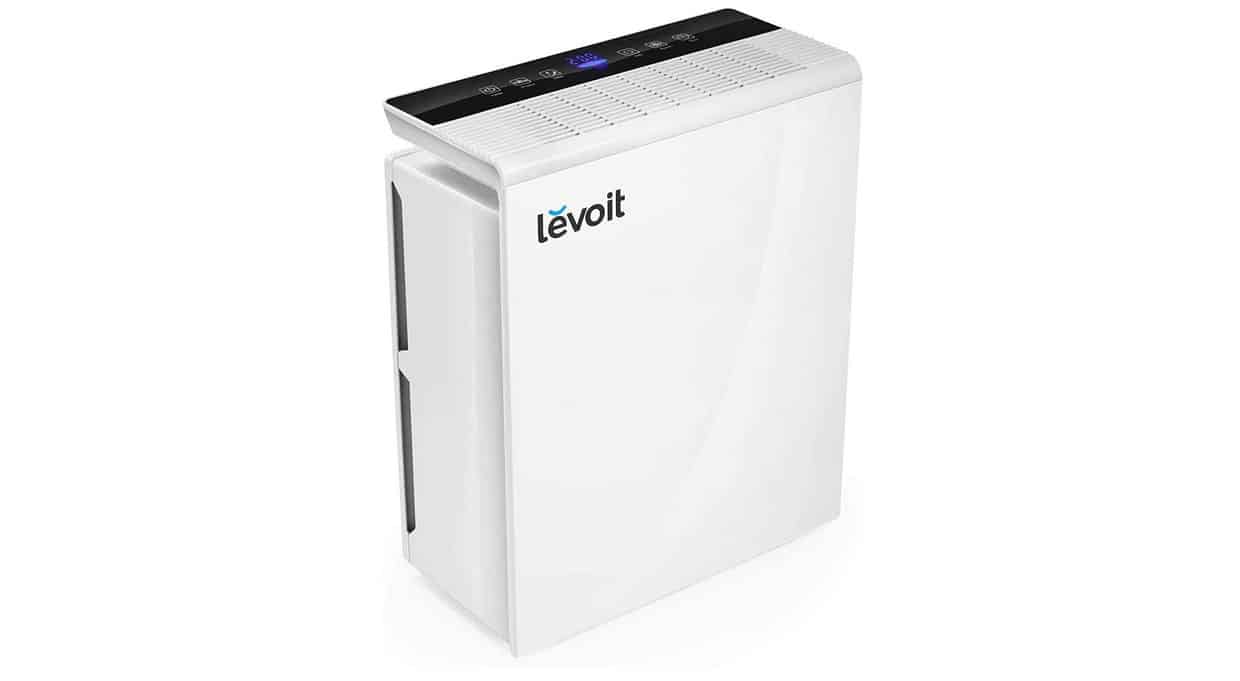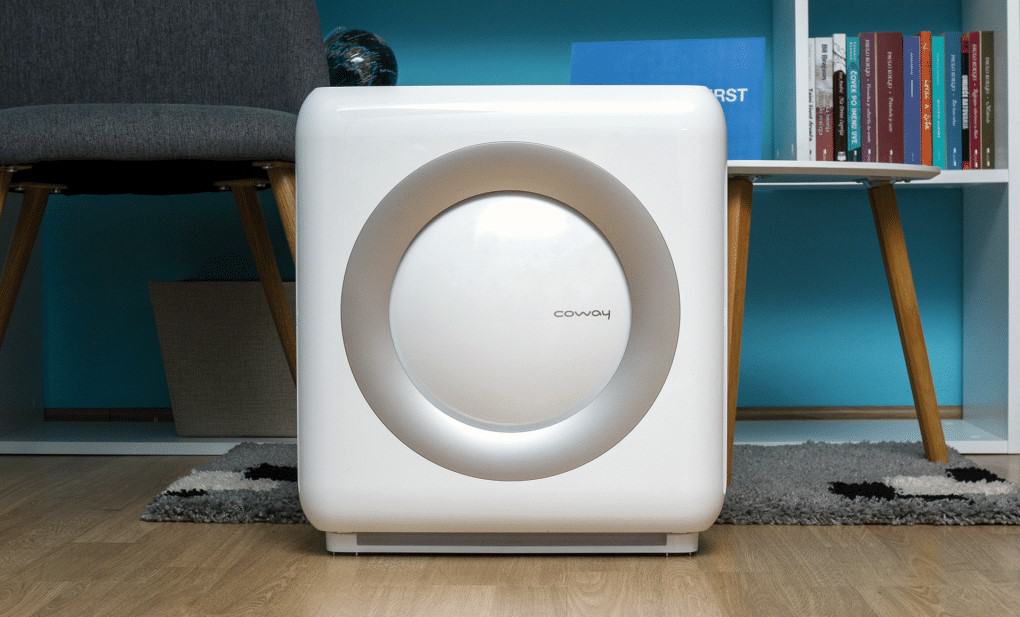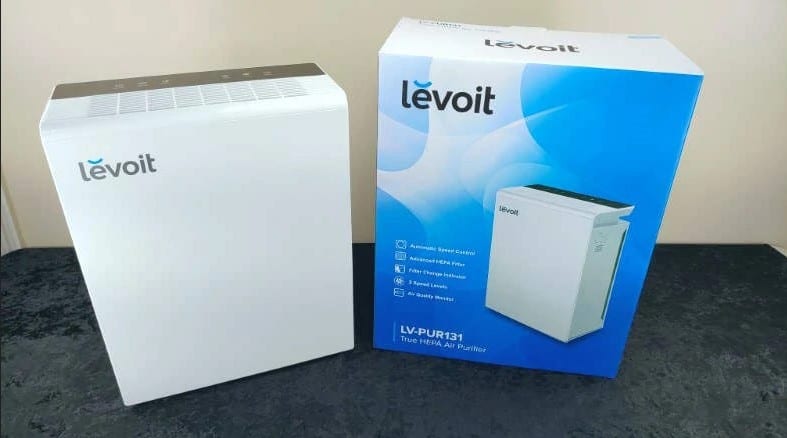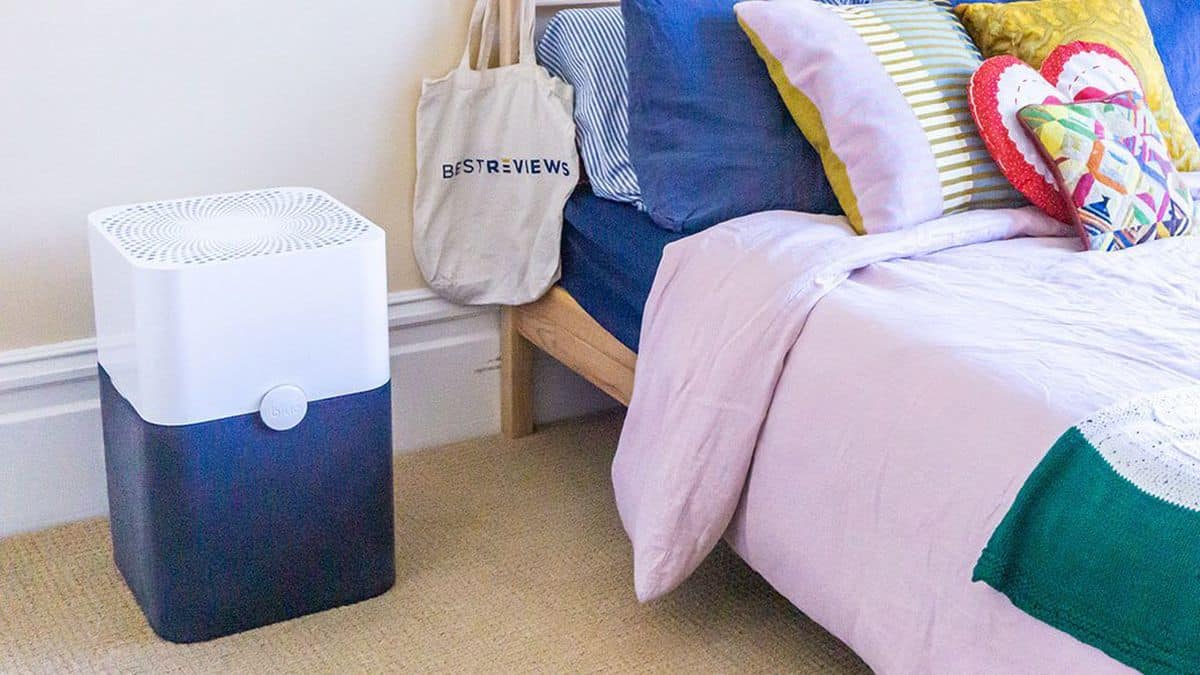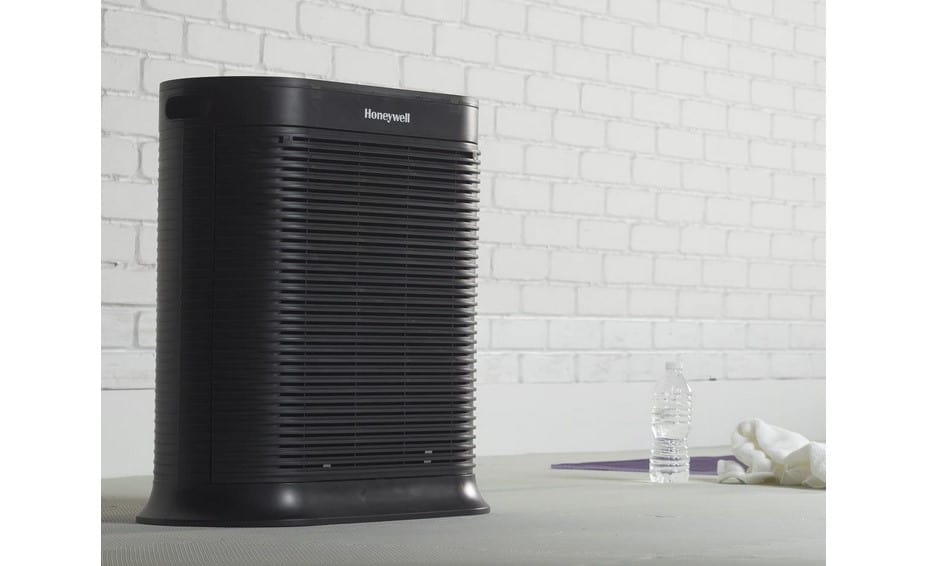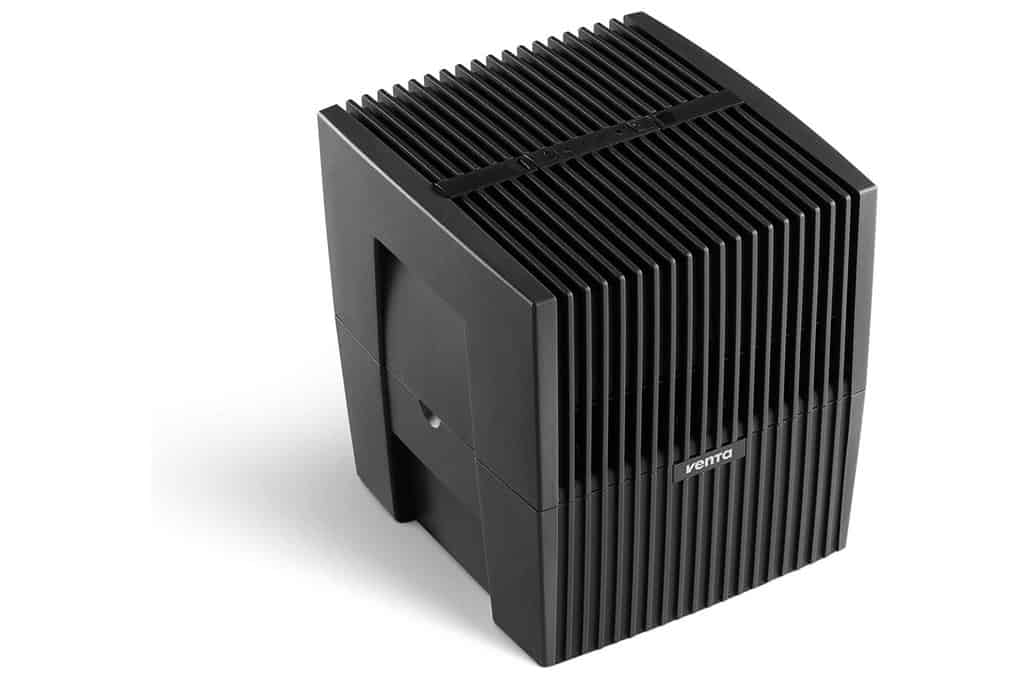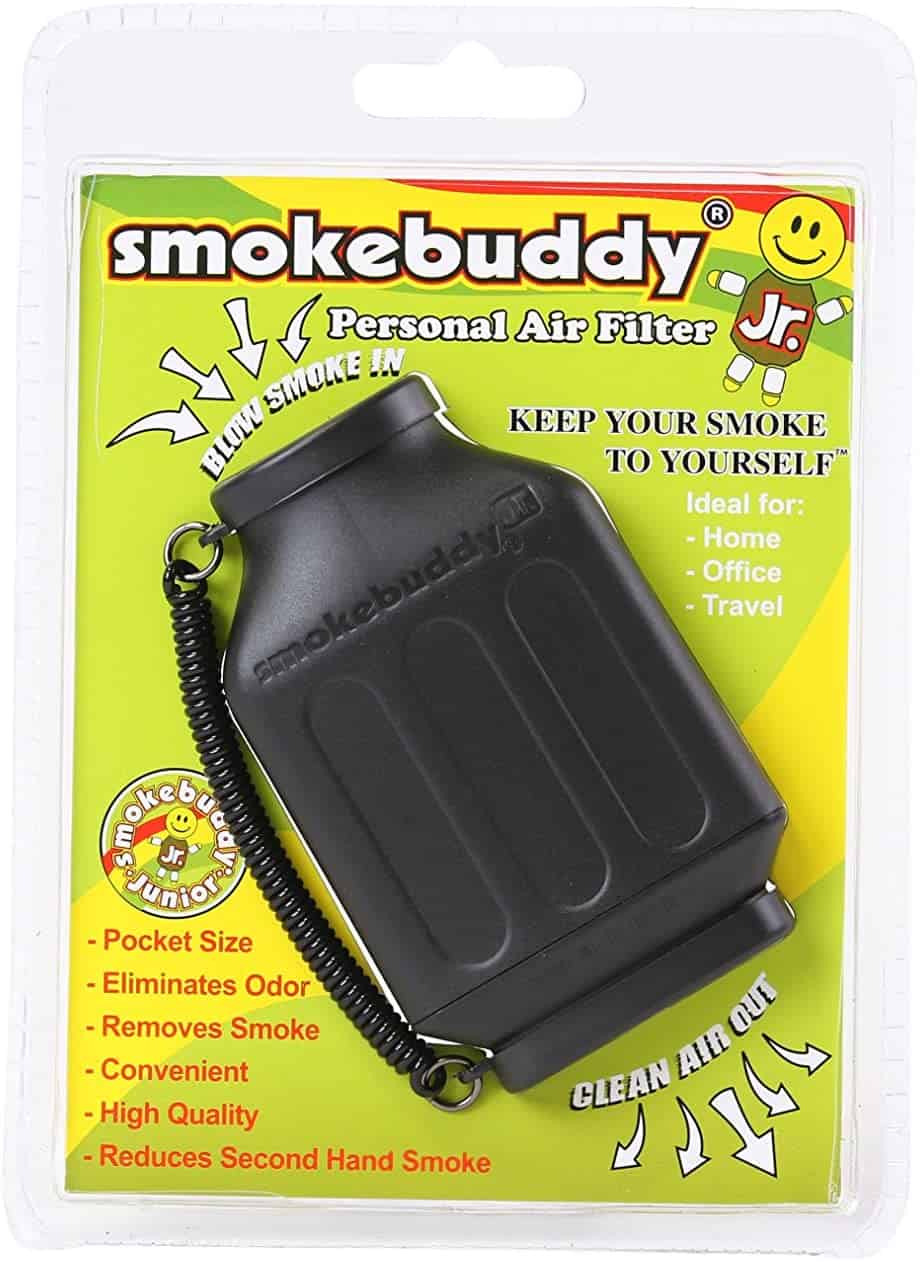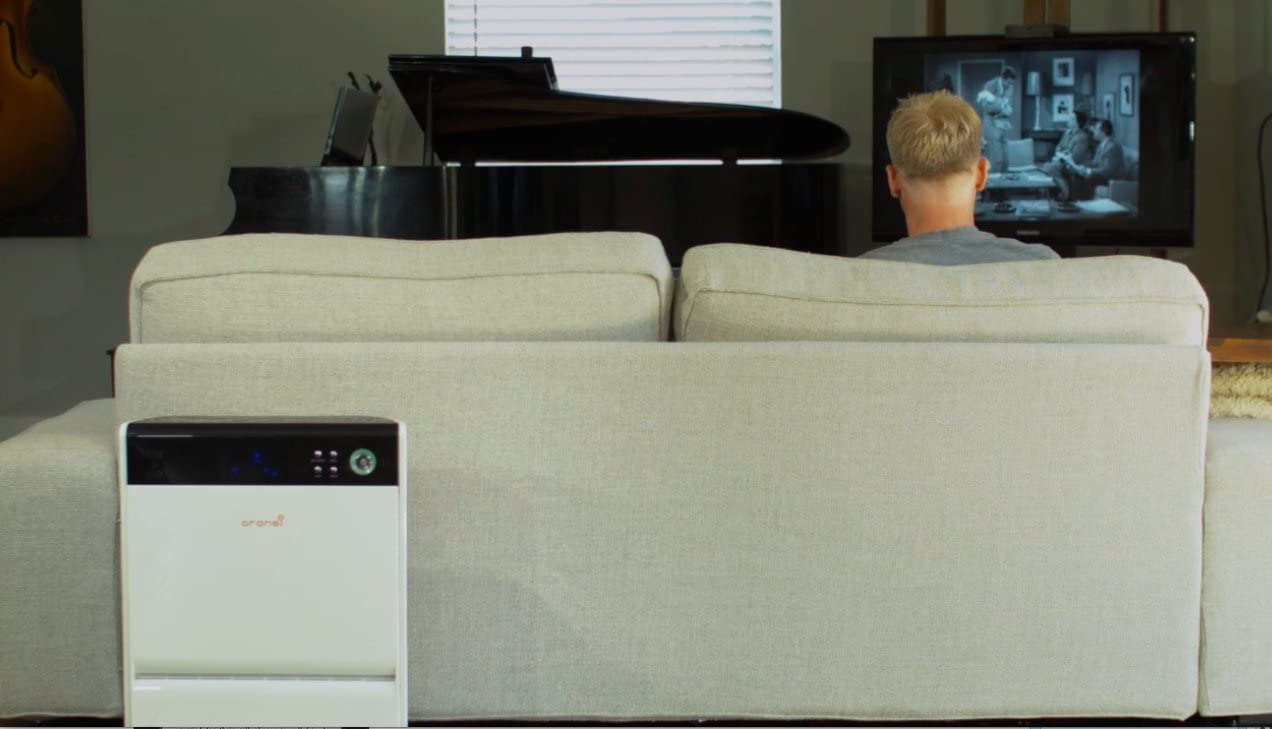The comparison between an air purifier vs car filters highlights the similarities in most air purification technologies. Of course, there are a few differences between them, but they connect in ways that might surprise you. A Dyson purifier has more in common with your auto filter than you realize. If you’re looking for a new purification system for your house, you’ve probably looked at everything from ionic air purifiers to whole-house systems. We have a great list of the best air purifiers for anybody to help you make a sensible purchase with the best information on these systems at your disposal.
KEY TAKEAWAYS:
- Your car might come standard with a non-HEPA filter, which you can replace for higher efficiency and optimal performance.
- Residential air cleaners come in multiple shapes and sizes, ranging from ionic air purifiers to portable air cleaners.
- Air cleaner technology works on the same principles with different applications depending on the intended use for that particular machine.
Differences Between Air Purifier Filters and Car Filters
Comparing an air purifier filter vs a car filter means looking at what air cleaner technology is. Both products control indoor air quality, providing a more comfortable environment for breathing. There are plenty of other differences, however. For example, car filters are usually bought at specialty stores like Bosch Auto Parts. You would buy a Dyson purifier for your house at most stores with a house and home section. Both can be purchased online with shipping fees applied, however.
More interesting comparisons for those doing their research are air purifier HEPA vs UV purifiers, air ionizers vs air purifiers, and air purifiers vs air exchangers. Additionally, to have the greatest air purifier for cigarette smoke means getting a good-working car air purifier.
Insider Tip
Ensure that you check and see what filter your car uses, and upgrade to a HEPA filter if it doesn’t come standard for your make and model.
How These Filter Types Compare
While they both have the same technology, comparing an air purifier filter vs car filters draws some differences. Air filtration technology is built on the same guiding principles in every application, from ionic purifiers and beyond. On that note, you might be interested in our article, “What is the difference between an air purifier and an ionizer?” to explore these topics a little more.
Approximate Months of Operation
A HEPA air purifier can go upwards of a year before needing the filter replaced. Other filters will vary, some only lasting around six months. Car filters are measured the same way most auto parts are, using miles to determine replacement intervals. You’ll be looking at a replacement no later than every 15,000 miles. Measuring by mileage means that while air purifiers have a set amount of time, your car filter’s replacement rate will vary with how often you drive.
Dangers from Failure to Replace
Failure to replace filters can lead to a loss in performance resulting from a build-up of airborne particles, like animal dander or cigarette smoke. For a portable air purifier, you will end up having less powerful filtration. The consequences of ignoring the replacement filter indicator are much different in a car. Failure to replace cabin air filters can lead to a loss in your car’s cooling/heating system. This causes other issues such as other HVAC components, like air conditioning, failing. Whether home-based or in the car, an air cleaner will typically come with an indicator light to signal a replacement is due.
The Purpose of Each Filter
Cabin air filters keep cabin air pollutants to a minimum. Residential air cleaners, like ionic air purifiers, focus on maintaining a comfortable home environment. The purpose of each is similar, but the different applications mean different priorities when shopping. Quiet airflow for large rooms is a priority for an air cleaner purchased for your house, for example. For cabin air filters, you’ll want to focus on whether they work with your car’s make and model.
Warning
Using a non-HEPA filter in your home purification machine can result in your filter needing replacement twice as often as a HEPA filter.
F.A.Q.S
What are the drawbacks of HEPA filters?
Even with a high-quality air filter like the HEPA, there are always drawbacks. The HEPA filter deals poorly with volatile organic compounds (VOCs). These gaseous pollutants are small enough to get through the mechanical filtration offered by HEPA filter air cleaners.
What are HEPA filters suitable for?
A HEPA air purifier is fantastic for several things, thanks to its filtration technology. A HEPA is a high-quality air filter that easily sucks up pet dander, tobacco smoke, and more. They can even limit allergic reactions.
What happens if filters aren’t changed?
Filter replacement is crucial to maintaining a healthy environment. When physical filters are clogged, they don’t perform correctly. Clogs lead to poor air quality or even the destruction of some air purifier systems.
How does an air purifier work?
All air purifier systems work differently. For example, ionic purifiers have a completely different cleaning method than a HEPA air purifier. In general, they work by filtering or neutralizing indoor air pollutants such as odors from pets.
STAT: In 2020, consumers made an estimated 15 million auto sales in the United States. (source)
REFERENCES:
- https://www.researchgate.net/publication/321307682_Selection_Procedure_for_Air_Filter_used_in_Automobile_Engines
- https://www2.lawrence.edu/fast/STONEKIM/COURSES/Lab3_RChipass.pdf
- https://www.researchgate.net/publication/343551261_Experimental_Study_of_Filtration_Materials_Used_in_the_Car_Air_Intaker
- https://en.wikipedia.org/wiki/Fuel_filter
- https://en.wikipedia.org/wiki/Compressed_air_filters

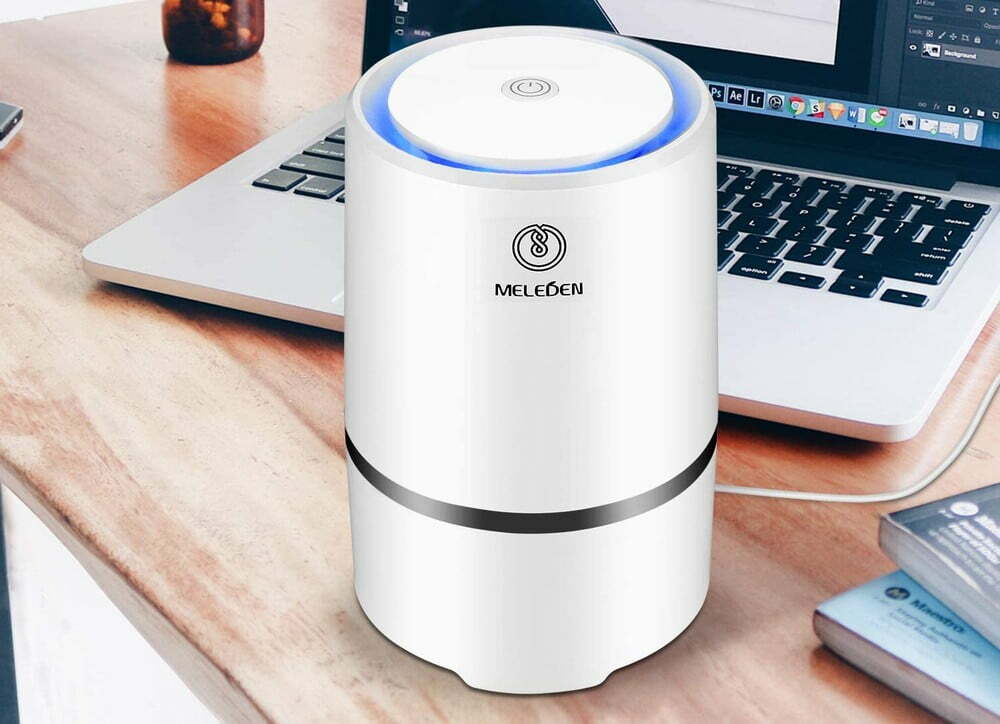













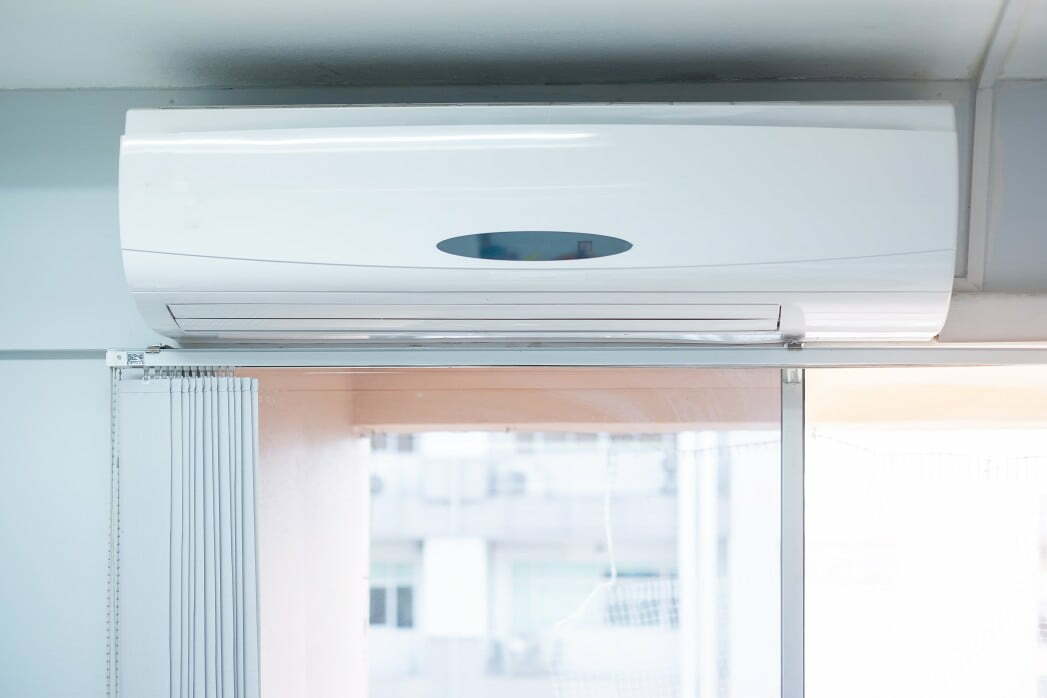
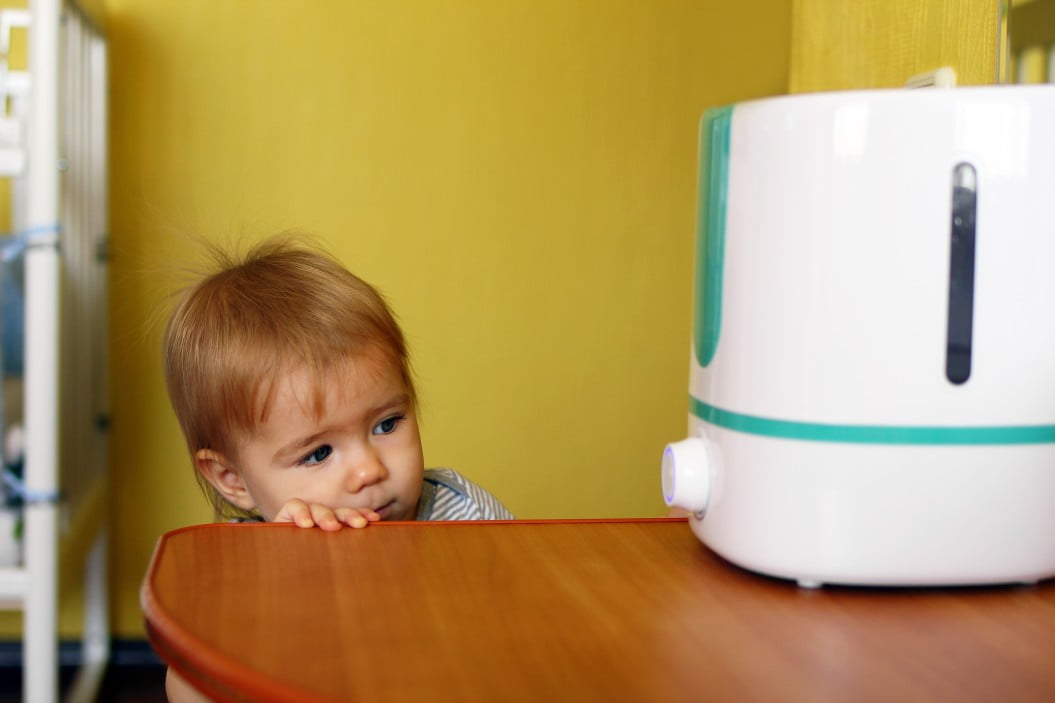
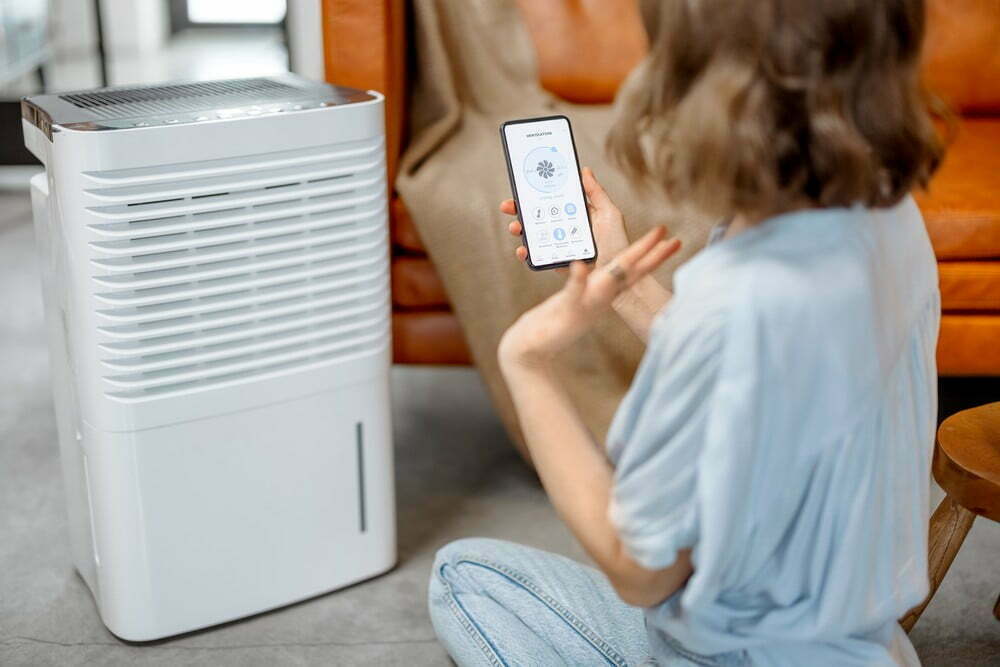
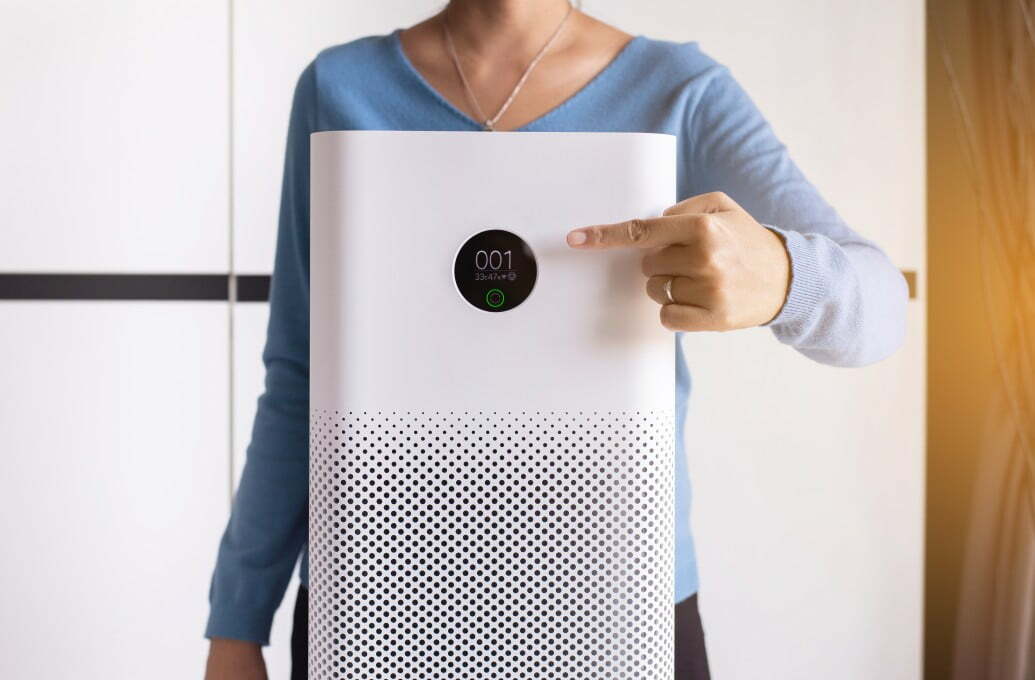
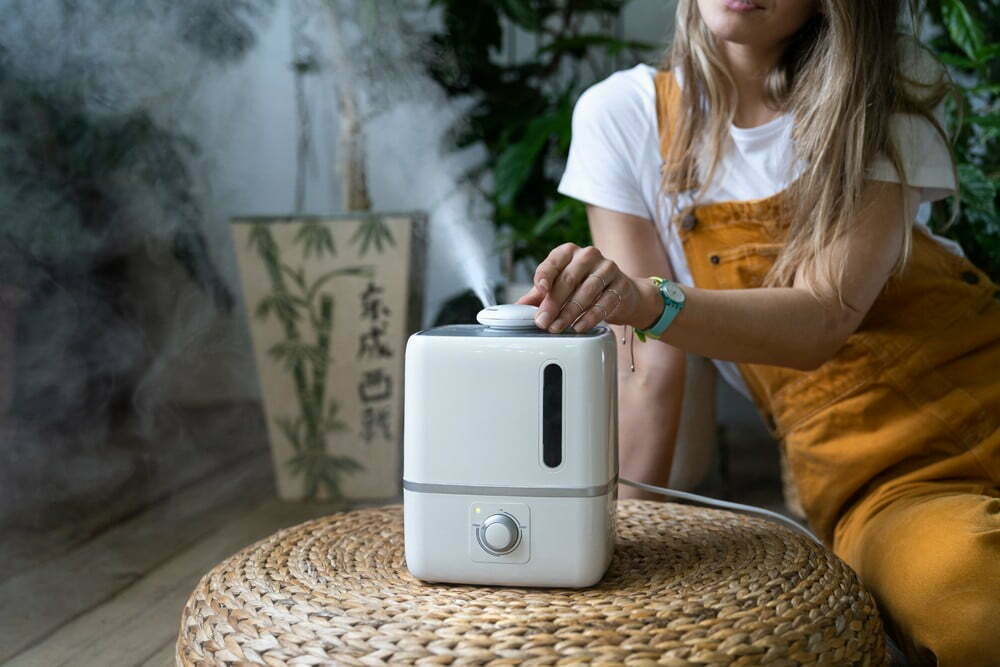
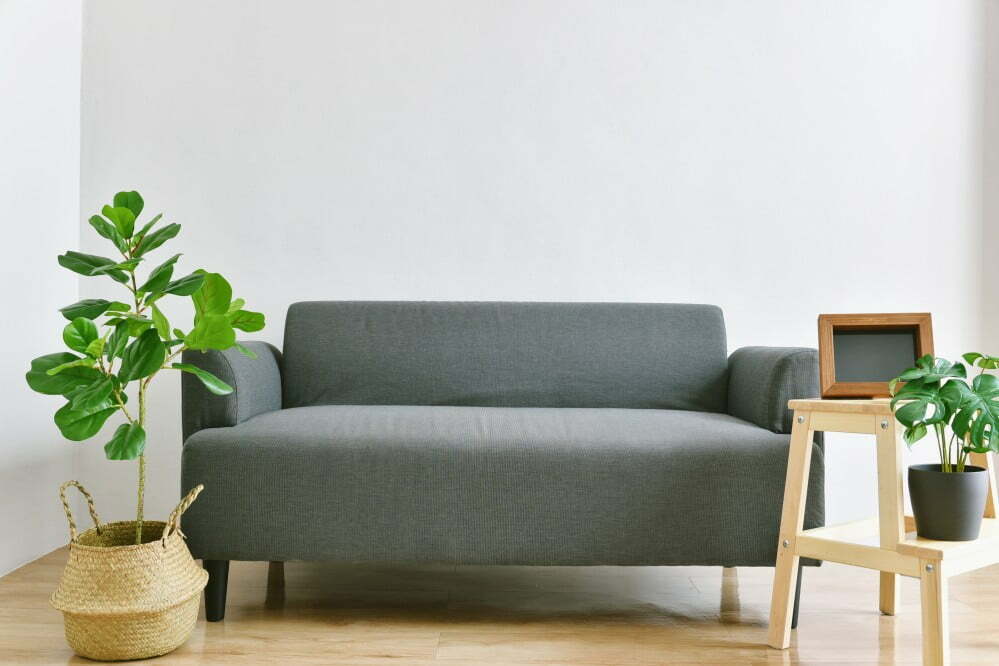

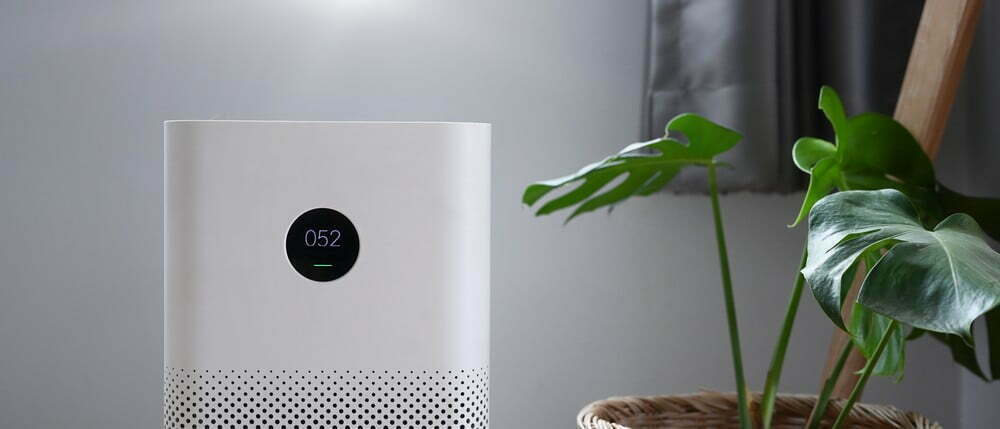
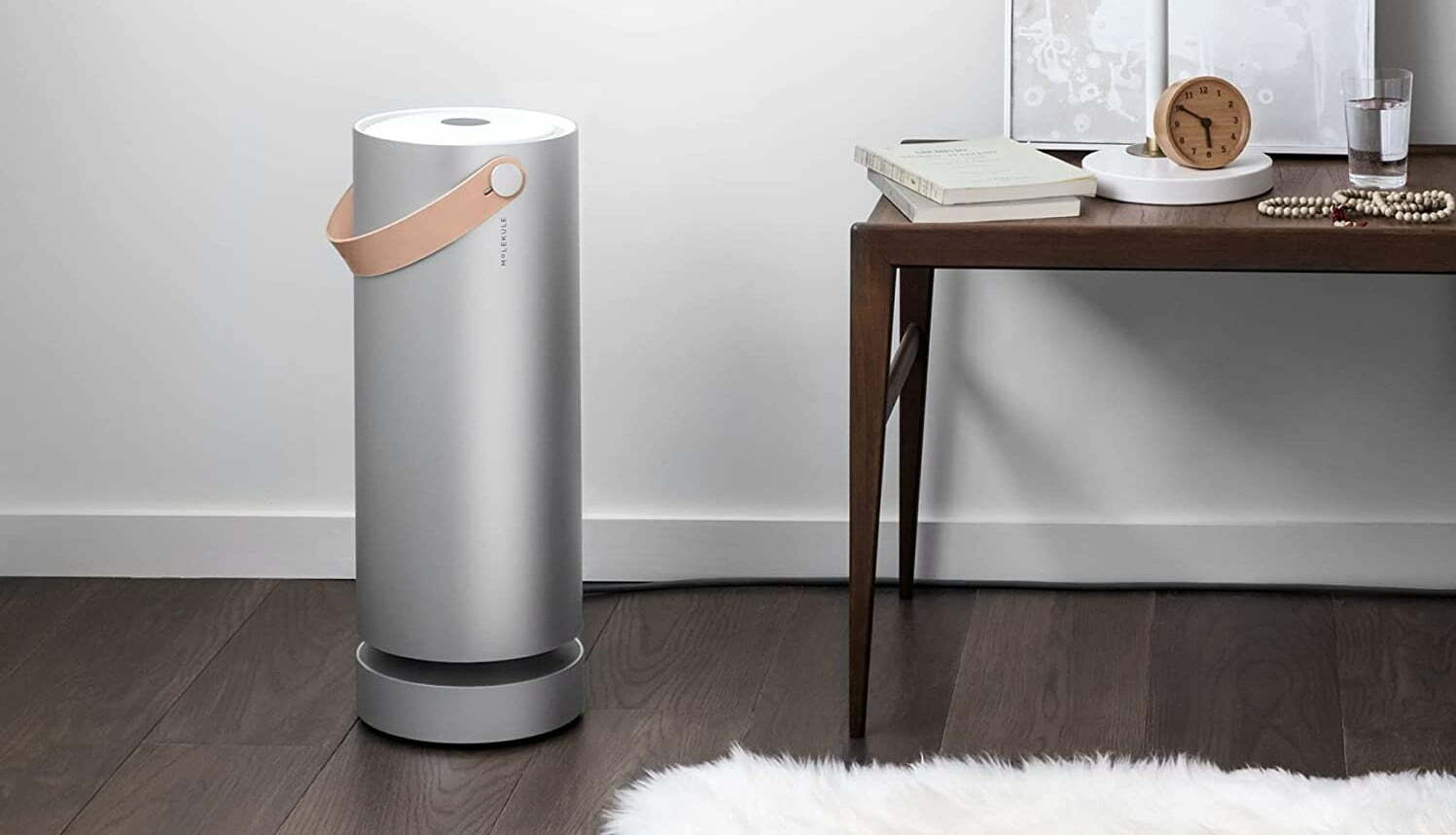
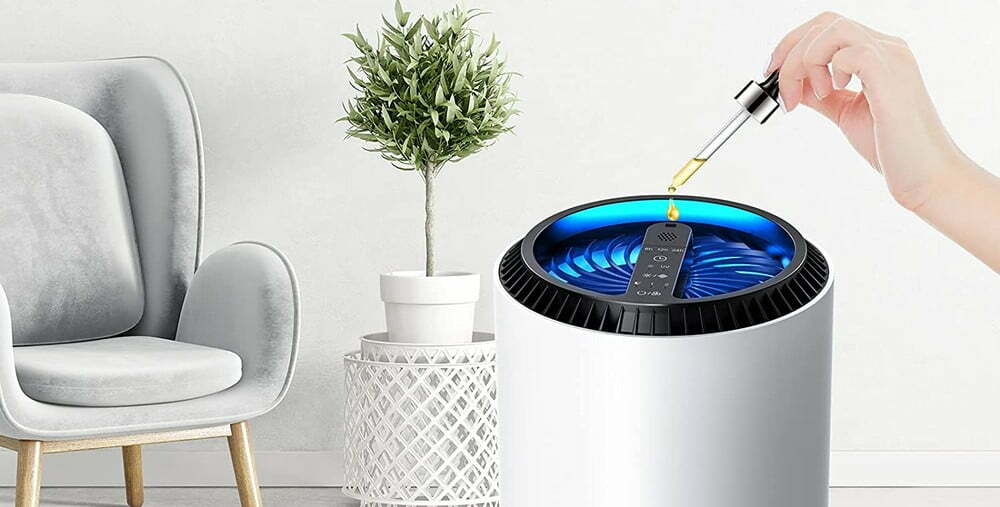
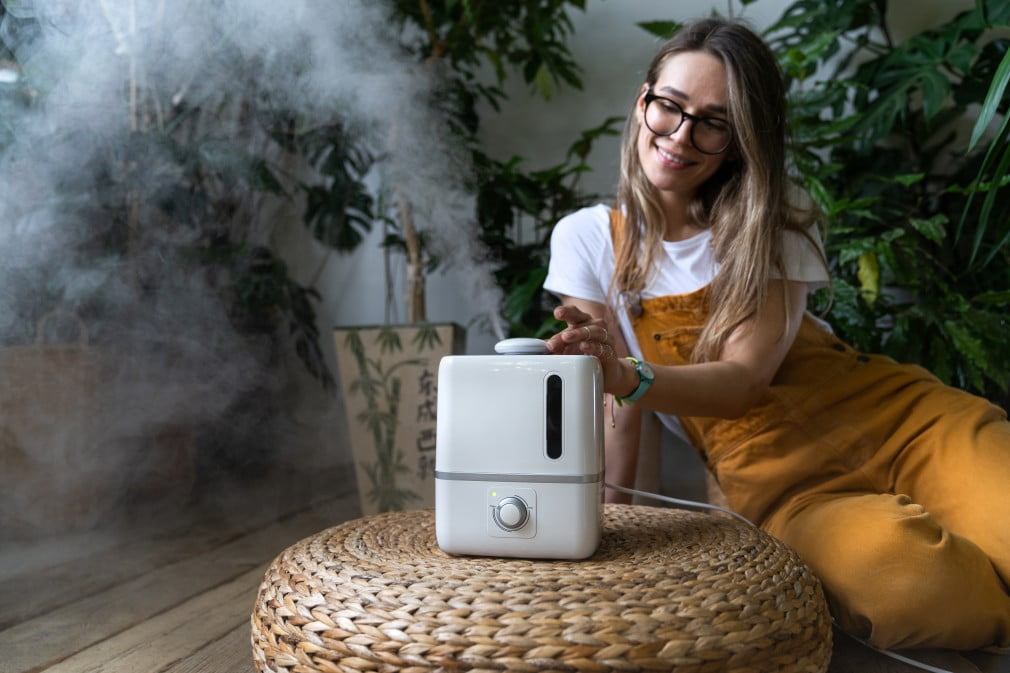
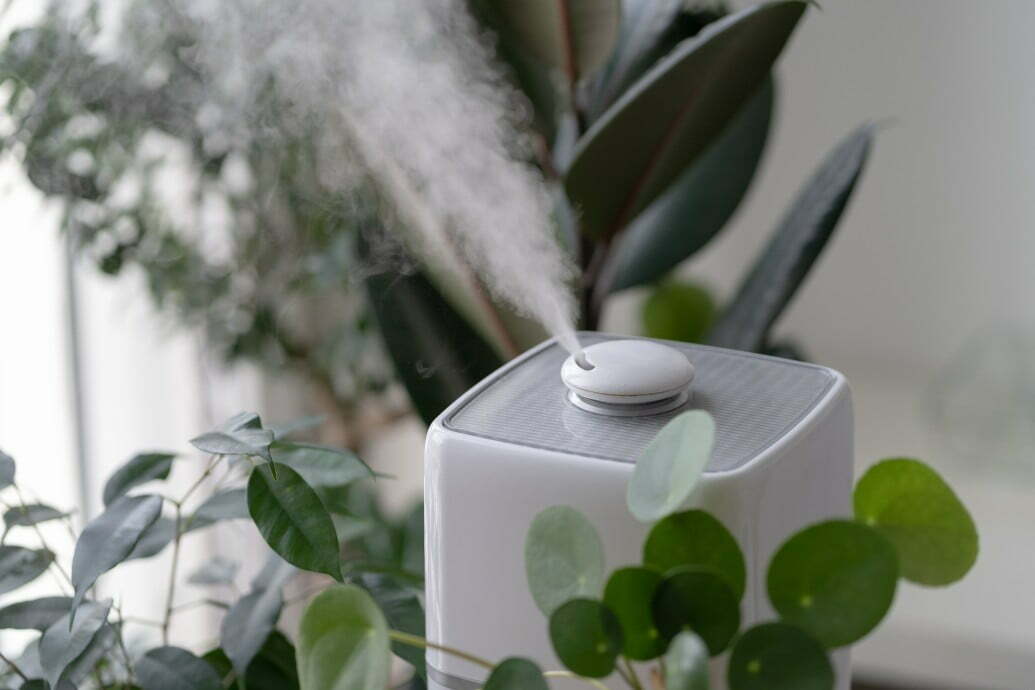
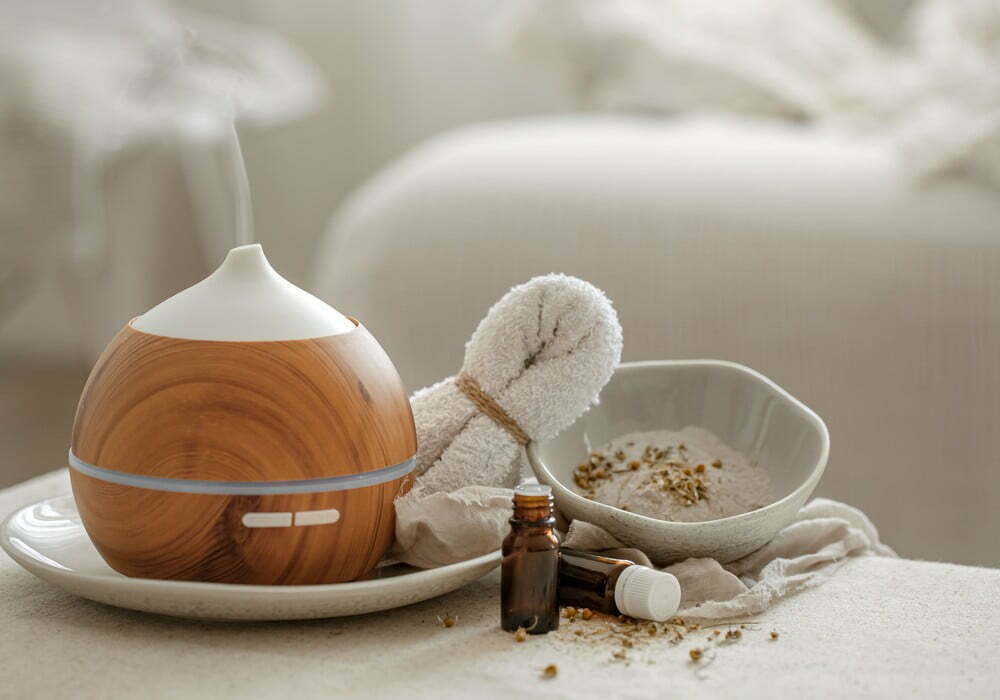
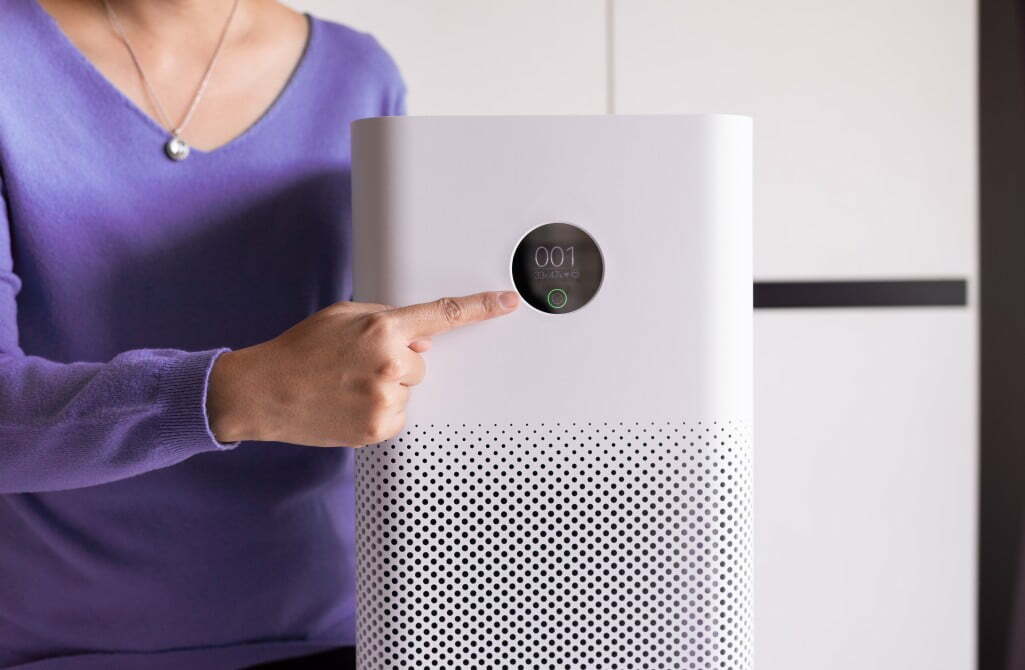
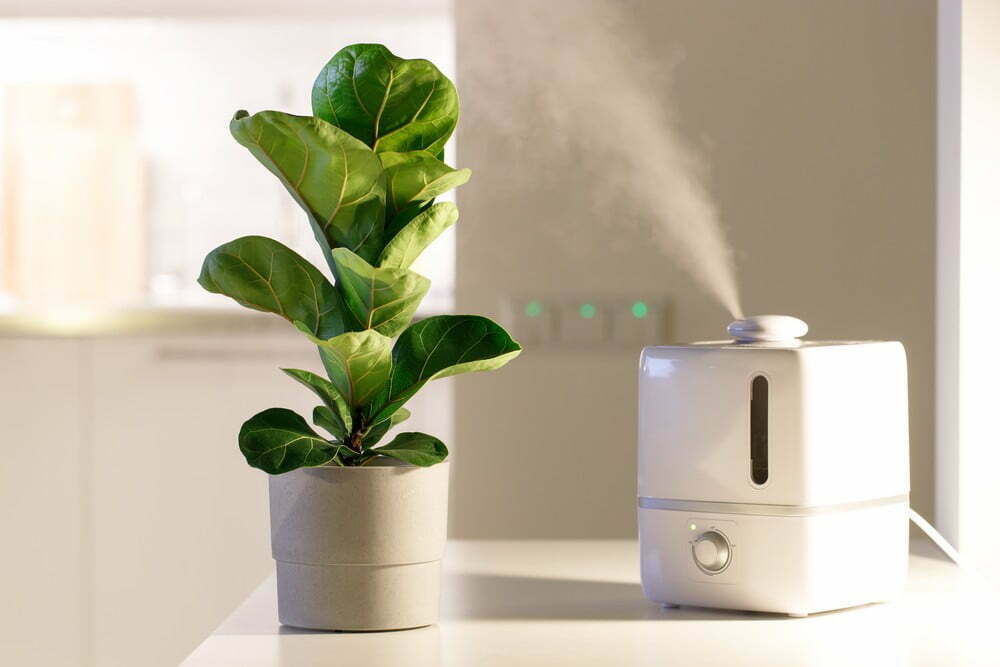
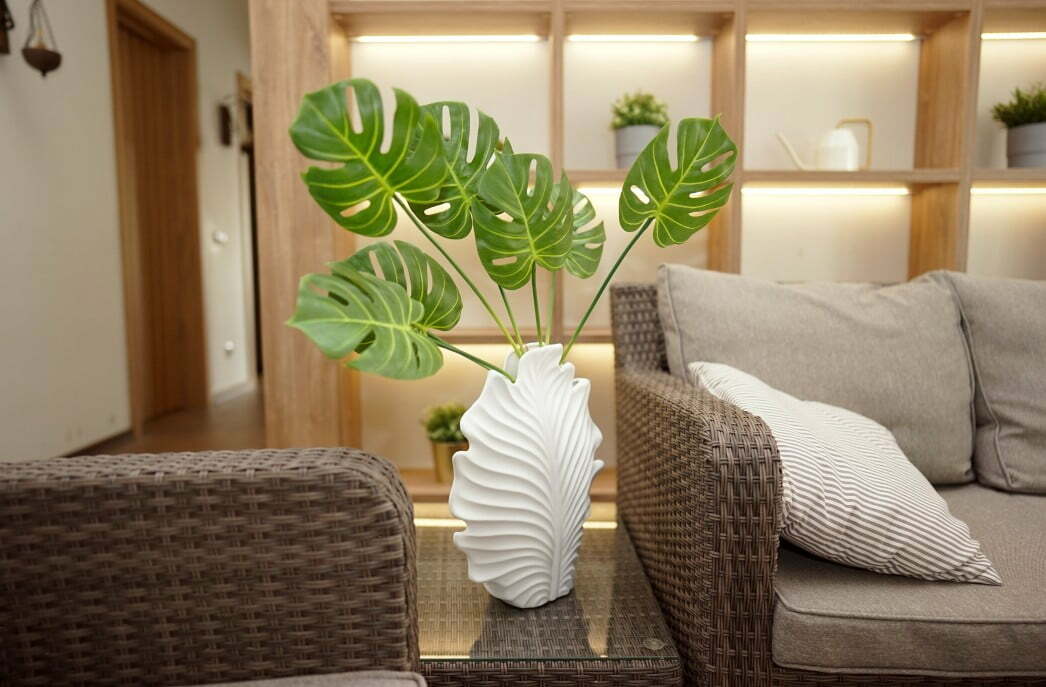
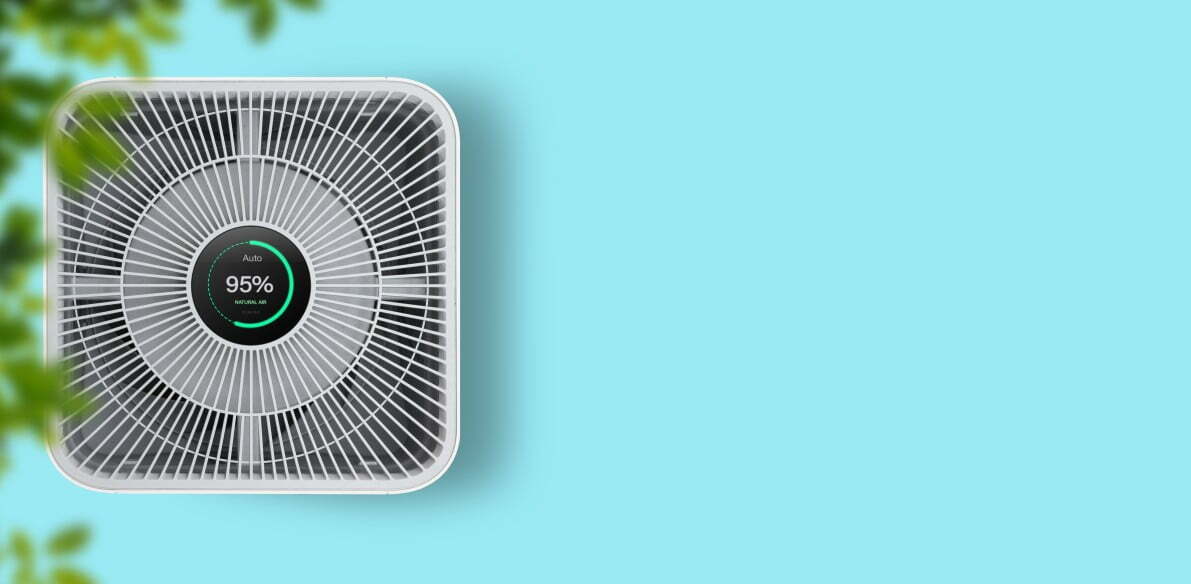
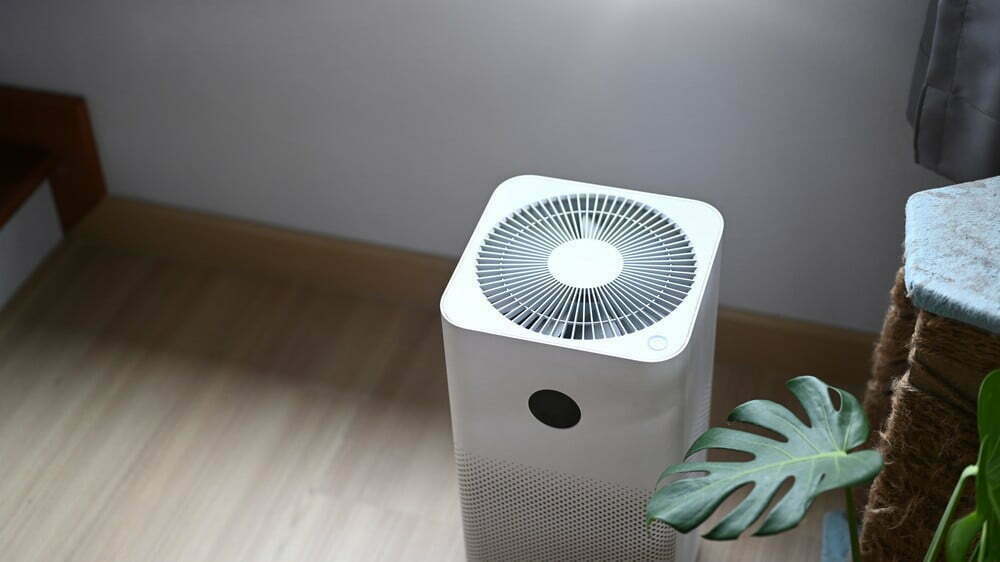
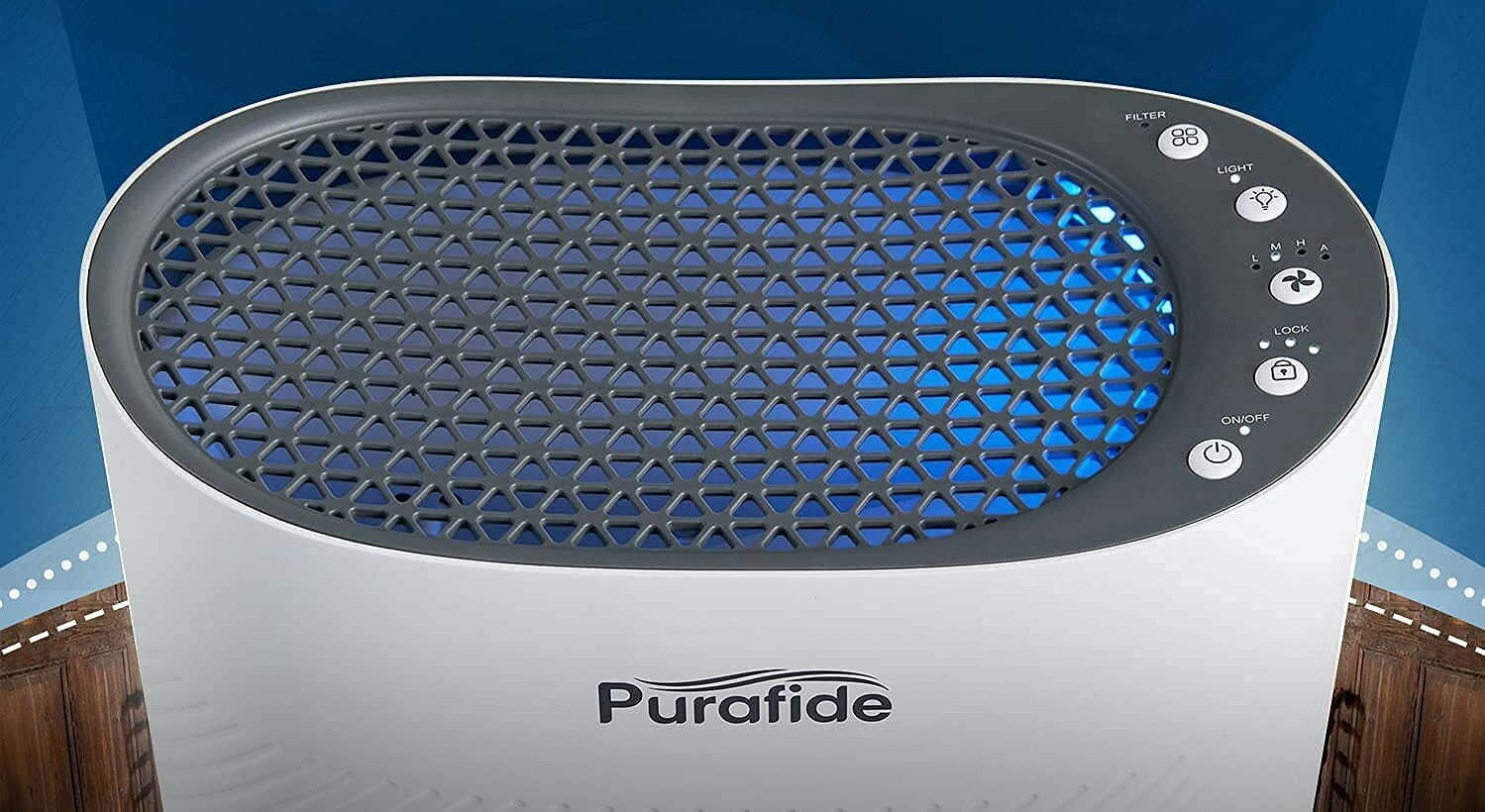
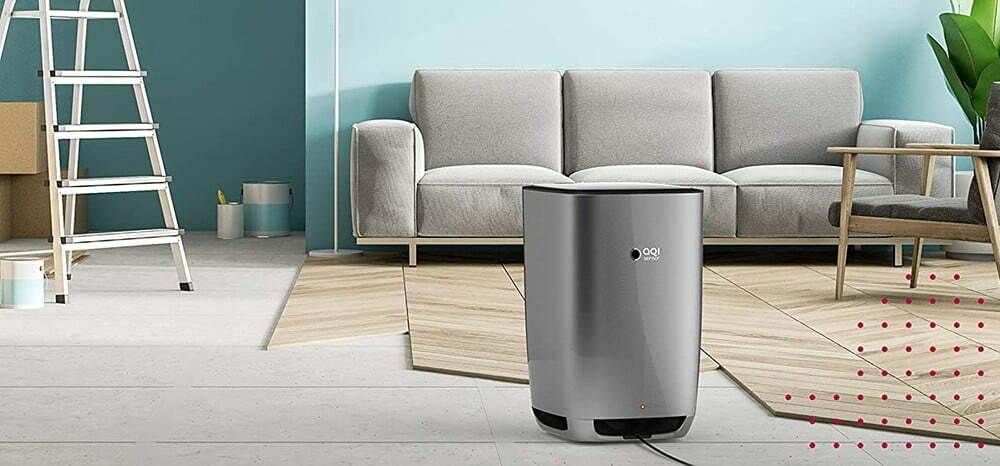
![Best Air Purifiers for VOCs and Formaldehyde in [year] 27 Best Air Purifiers for VOCs and Formaldehyde in 2026](https://www.gadgetreview.dev/wp-content/uploads/best-air-purifier-for-vocs-and-formaldehyde-image.jpg)
![Best Air Purifier in [year] ([month] Reviews) 28 Best Air Purifier in 2026 (January Reviews)](https://www.gadgetreview.dev/wp-content/uploads/Honeywell-True-HEPA-Allergen-Remover-HPA300-e1475603569442.jpg)
![Best Air Purifiers for Dust in [year] 29 Best Air Purifiers for Dust in 2026](https://www.gadgetreview.dev/wp-content/uploads/best-air-purifier-for-dust-image.jpg)
![Best Honeywell Air Purifiers in [year] 30 Best Honeywell Air Purifiers in 2026](https://www.gadgetreview.dev/wp-content/uploads/best-honeywell-air-purifier-image.jpg)
![Best Germicidal Air Purifiers in [year] 31 Best Germicidal Air Purifiers in 2026](https://www.gadgetreview.dev/wp-content/uploads/best-germicidal-air-purifier-image.jpg)
![Best Filterless Air Purifiers in [year] 32 Best Filterless Air Purifiers in 2026](https://www.gadgetreview.dev/wp-content/uploads/best-filterless-air-purifier-image.jpg)
![Best Levoit Air Purifiers in [year] 33 Best Levoit Air Purifiers in 2026](https://www.gadgetreview.dev/wp-content/uploads/best-levoit-air-purifier-image.jpg)
![Best Air Purifiers for Smoking Weed in [year] 34 Best Air Purifiers for Smoking Weed in 2026](https://www.gadgetreview.dev/wp-content/uploads/best-air-purifier-for-smoking-weed-image.jpg)
![Best Quiet Air Purifiers in [year] 35 Best Quiet Air Purifiers in 2026](https://www.gadgetreview.dev/wp-content/uploads/best-quiet-air-purifier-image.jpg)
![Best Desktop Air Purifiers in [year] 36 Best Desktop Air Purifiers in 2026](https://www.gadgetreview.dev/wp-content/uploads/best-desktop-air-purifier.jpg)
![Best Dyson Air Purifiers in [year] 37 Best Dyson Air Purifiers in 2026](https://www.gadgetreview.dev/wp-content/uploads/best-dyson-air-purifier.jpg)
![Best Air Purifiers for Dorm Room in [year] 38 Best Air Purifiers for Dorm Room in 2026](https://www.gadgetreview.dev/wp-content/uploads/air-purifier-for-dorm-room-1.jpg)
![Best Air Purifiers for Office in [year] 39 Best Air Purifiers for Office in 2026](https://www.gadgetreview.dev/wp-content/uploads/best-air-purifier-for-office.jpg)
![Best Air Purifiers for Basement in [year] 40 Best Air Purifiers for Basement in 2026](https://www.gadgetreview.dev/wp-content/uploads/best-air-purifier-for-basement.jpg)
![Best Air Purifiers For Odor in [year] 41 Best Air Purifiers For Odor in 2026](https://www.gadgetreview.dev/wp-content/uploads/best-air-purifier-odor.jpg)
![10 Best Personal Air Purifiers in [year] 42 10 Best Personal Air Purifiers in 2026](https://www.gadgetreview.dev/wp-content/uploads/best-personal-air-purifiers.jpg)
![10 Best Plug In Air Purifiers in [year] 43 10 Best Plug In Air Purifiers in 2026](https://www.gadgetreview.dev/wp-content/uploads/best-plug-in-air-purifier-image.jpg)
![10 Best Whole House Air Purifiers in [year] 44 10 Best Whole House Air Purifiers in 2026](https://www.gadgetreview.dev/wp-content/uploads/best-whole-house-air-purifier-image.jpg)
![10 Best Large Room Air Purifiers in [year] 45 10 Best Large Room Air Purifiers in 2026](https://www.gadgetreview.dev/wp-content/uploads/Coway-Airmega-200M-Large-Room-Air-Purifier-900x900-1.png)
![10 Best UV Air Purifiers in [year] 46 10 Best UV Air Purifiers in 2026](https://www.gadgetreview.dev/wp-content/uploads/best-uv-air-purifier.jpg)
